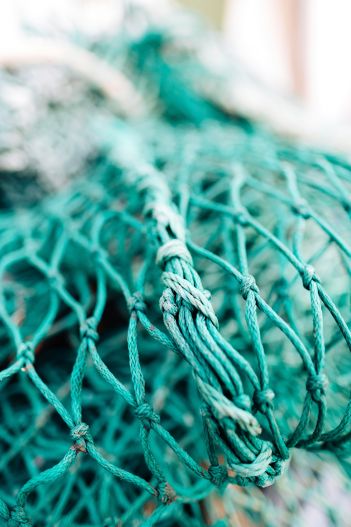Einaudi Center for International Studies
Web Accessibility Help
Cornell University is committed to making our websites accessible to everyone, including individuals with disabilities. To report a problem or to request an accommodation to access online materials, information, resources, and/or services, please complete our Web Accessibility Contact Form. In your submission, indicate the website and the specific problems you have encountered. You will receive a reply as soon as possible.
Fishing Supports Social Well-being for Myanmar Refugees

Nicole T. Venker and Katie Fiorella
A Migrations-funded study draws from interviews to examine the importance of access to environmental resources for migrants and to understand how fishing supports multiple dimensions of social well-being.
Additional Information
The High Cost of Our GDP Obsession

Economic Inequality, Threats to Democracy, and Climate Crisis
Kaushik Basu (IES/SAP) writes about the limitations of GDP as an indicator of economic well-being.
Additional Information
Topic
- Development, Law, and Economics
Program
Muna Ndulo Recognized for Service to Zambia

Ndulo (former director of IAD) was recognized by president Hakainde Hichilema for his contributions to education in Zambia.
Additional Information
Chinese Firms Rise Between Hard and Soft Power

Lourdes Casanova, LACS
Lourdes Casanova, senior lecturer of management, discusses the rise of Chinese companies in this op-ed.
Additional Information
U.S. Bill Named for Iranian Deported to Panama Aims to Shield Asylum Seekers

Ian Kysel, Migrations
“Artemis and the majority of people sent to Panama and Costa Rica were expelled without the fear interview and essentially with no process at all,” says Ian Kysel, associate clinical professor of law.
Additional Information
Can Apple Move its Manufacturing?

Eli Friedman, EAP
Eli Friedman, associate professor at ILR, discusses the challenges Apple could face if it were to relocate its iPhone manufacturing facilities out of China.
Additional Information
Abruña Receives 2025 Dreyfus Prize in the Chemical Sciences

Hector Abruña, LACS
Héctor Abruña, the Émile M. Chamot Professor of Chemistry and Chemical Biology in the College of Arts and Sciences has been awarded the 2025 Dreyfus Prize in the Chemical Sciences by the Camille and Henry Dreyfus Foundation. The biennial prize, announced May 15, “recognizes an individual for exceptional and original research in a selected area of chemistry that has advanced the field in a major way.”
Additional Information
We are Human Rights Lawyers. Our New Report is Clear: Israel Perpetrates Apartheid

Sandra Babcock, SEAP
In this opinion essay, co-authored by Sandra Babcock, clinical professor of law, Israel’s treatment of Palestinians is examined.
Additional Information
Trump’s Jet Envy Outrage Obscures a Larger Issue

Eswar Prasad, SAP
Eswar Prasad, senior professor of international trade policy, explains why the Trump family's involvement with crypto should set off alarm bells.
